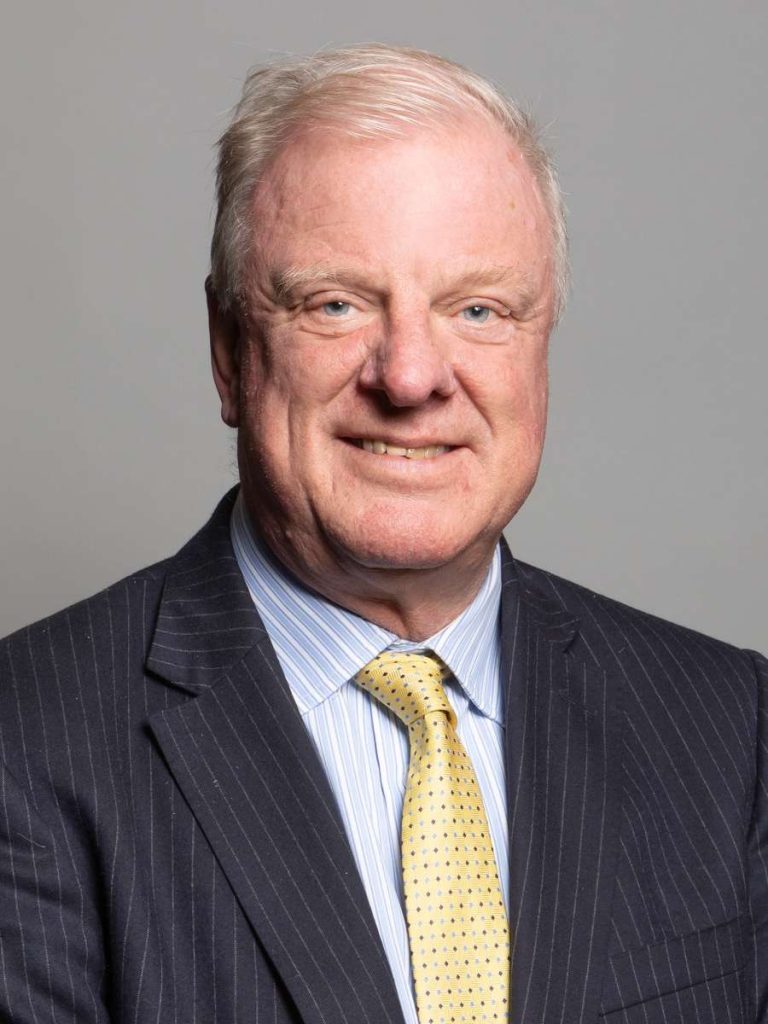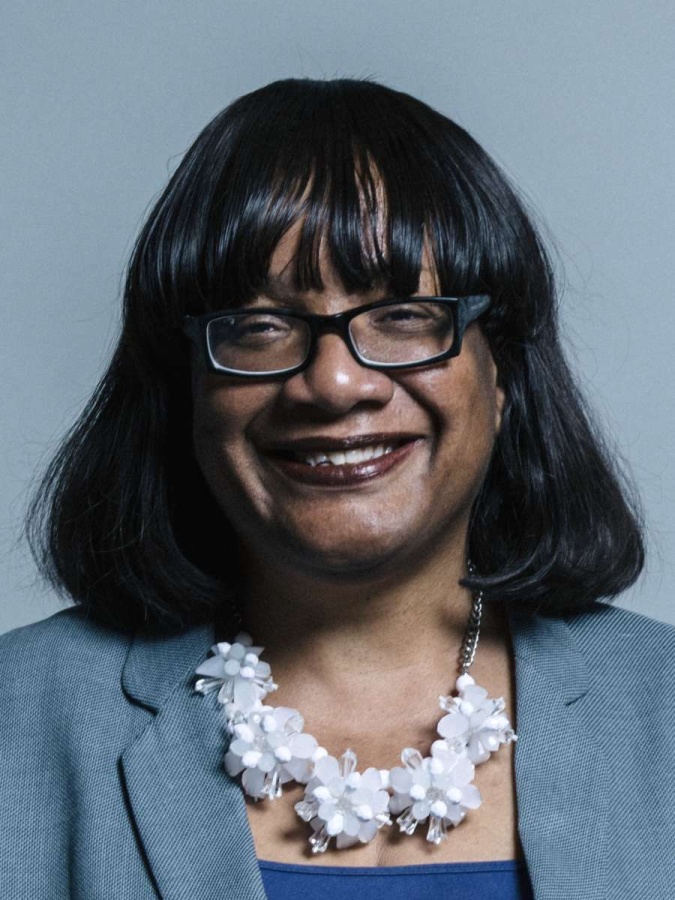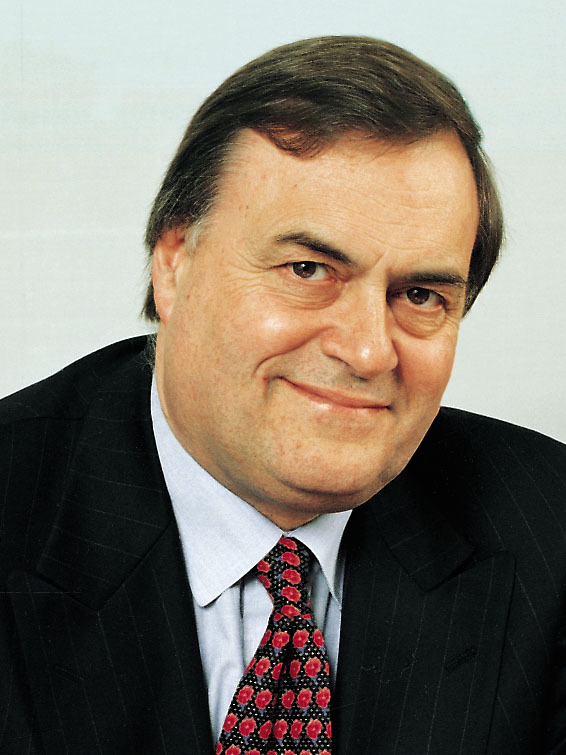Diane Abbott and the Conservative Sir Edward Leigh, mother and father of the House, say law has been rushed…reports Asian Lite News
Britain’s longest-serving MPs, Labour’s Diane Abbott and the Conservative Sir Edward Leigh, have issued a joint call urging the Commons to reject the assisted dying bill, arguing it is being rushed through and puts vulnerable people at risk.
Abbott and Leigh – the mother and father of the house – said there had been insufficient scrutiny of the law and urged parliament to instead focus on better health and care services.
Four influential new Labour MPs have said they have also decided to oppose the bill amid concerns about the process and the pressure it has put on new parliamentarians.
A landmark vote on legalising assisted dying is due to be held on Friday 29 November. It is a free vote, meaning MPs can decide whether to support or oppose it. In 2015, an assisted dying bill was rejected by 330 votes to 118, but since then a number of other countries have legalised the practice and polls show widespread public support.
About 100 Labour MPs are still believed to be undecided. However, the bill’s backers remain confident they can be won over once they consider all the evidence.
Keir Starmer and a majority of the cabinet are expected to support the bill, though there have been high-profile interventions opposing it, including from the health secretary, Wes Streeting. Questions have been raised about the drafting of the legislation – which is a private member’s bill from the Labour MP Kim Leadbeater rather than having been drawn up by the government – and whether it is sufficiently watertight.
It has been learned it was drafted by Dame Elizabeth Gardiner, who retired this year after almost a decade as first parliamentary counsel, the government’s most senior and experienced legislative drafter.
In the latest intervention, Abbott and Leigh said they were concerned that a gap of 18 days between the publication of Leadbeater’s bill and the first vote was too short, and that was exacerbated by the unusually high number of new MPs unfamiliar with Commons procedures.

Leigh is a longtime Eurosceptic on the right of the Tory party and Abbott, a pivotal figure on Labour’s left, was the first Black woman in the Commons and served in Jeremy Corbyn’s shadow cabinet.
They write: “There is more than a suspicion that the pressure groups behind this proposed change have sought to take advantage of an inexperienced new parliament. Either way, the flawed process has been lamentable and wholly unacceptable for a matter of such importance.”
The pair also voice concern that efforts to introduce the law have been highlighted by celebrities who are terminally ill and this could mask the potential inadvertent impact on less well-protected people.
“We do not doubt their sincerity and sympathise greatly with anyone experiencing the fear and pain that can sadly accompany terminal illness. But MPs must make laws based on their effect on every member of society, not just those whose profile gives them a prominent voice,” they say. Imagine the pensioner whose children cannot afford houses of their own watching her limited savings, earmarked for those children, disappearing on social care and so feeling a ‘duty to die’.”
The four new Labour MPs said they were convinced by Streeting’s argument that NHS care was not good enough to allow assisted dying to be legalised.
Antonia Bance, a former senior aide at the Trades Union Congress who became an MP in July, said: “We were elected to fix the NHS – but it will take time. Yet somehow we are in a position where we may legalise assisted dying, knowing that many people may opt for it because they can’t get the care they are entitled to from our broken NHS.”
James Frith, the Bury North MP who returned this year, said he had deep concerns about the quality of palliative care, and said that good care was “undervalued”. He said a member of his family was facing terminal cancer and the legislation did not address his concerns around coercion and doubt.
“I think this risks feeling rushed and not the right time,” he said. “It’s also a door I don’t want opened by a new parliament learning its skill, given too little time and with much that can be added once the principal shift happens. For me, this is protecting our most vulnerable groups as well as all of us at our most vulnerable.”
Mel Ward, the former chief executive of Medical Aid for Palestinians who is now the MP for Cowdenbeath and Kirkcaldy, said she had spent time listening to arguments on both sides before deciding to vote against.
“The strongest argument in favour of the bill is about personal choice and freedom, that has come across really clearly. But my concern is in seeking to do that, we are going to put at risk a much larger group of vulnerable people,” she said.
Polly Billington, the MP for East Thanet and former special adviser to Ed Miliband, said her concerns were “the risks around internalised pressure and the problems of capacity combined with some of the considerations for our healthcare professionals and medical teams”.
“None of that has been articulated and it needs to be,” she said. “Far too many people are saying: ‘Oh, don’t worry about that, let’s agree the principle and we can sort out the practicalities later,’ and that’s just not good enough,” she said.
Leadbeater has said the bill has stringent safeguards, including requiring approval from two doctors and a high court judge, and lengthy prison sentences for coercion. Patients must have the mental capacity to make a choice about the end of their life and must be terminally ill and expected to die within six months.














